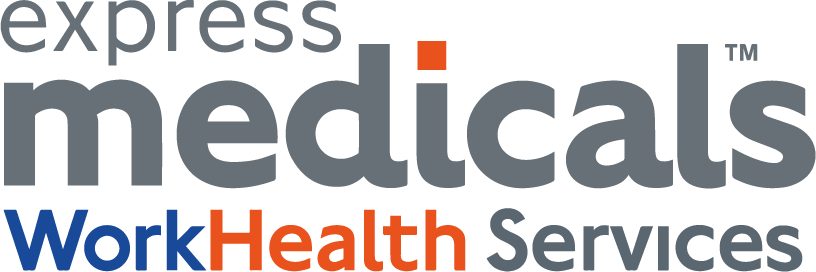Silicosis: A Preventable Crisis Affecting Young Workers
Silicosis has been on the front pages recently, with iNews reporting that 16 young workers in the UK have been diagnosed with this deadly lung disease linked to kitchen revamps. You can read more about this in the original iNews article. Silicosis is a preventable but deadly lung disease caused by exposure to Respirable Crystalline Silica (RCS). The severity of the problem highlights the need for urgent intervention and better workplace safety practices.
Understanding Silicosis
Silicosis is an incurable lung disease caused by inhaling tiny particles of crystalline silica, which is found in many natural and engineered stones. The increased popularity of engineered stone for kitchen worktops has significantly elevated the risk of exposure for workers in the kitchen fitting and construction industries. This material often contains very high levels of silica, and the processes of cutting, grinding, and polishing can release dangerous levels of dust if not properly controlled.
"Silicosis is not new; we've known about its dangers for centuries," says Dr Steve Malleson, Chief Medical Officer at Express Medicals. "What we're seeing now is an old hazard resurfacing, but in a more insidious form, affecting young, healthy individuals because the basic preventive steps are not being taken." The recent rise in cases is a direct result of poor adherence to established safety practices, especially given the dramatic increase in engineered stone use for kitchen renovations.
Preventing Silicosis
The prevention of silicosis relies on effective occupational hygiene measures, hazard control, and proper personal protective equipment (PPE). In particular, controlling silica dust in the workplace is critical. Dust suppression systems, such as water suppression, and the use of local exhaust ventilation can significantly reduce airborne silica. Well-fitting respirators are essential when working with materials that release RCS.
As our Executive Chairman, Dr Dan Hegarty, explains, "The measures to prevent silicosis are well known and relatively simple to implement, yet they are often overlooked. It's vital that companies invest in these protections to safeguard their workforce."
Monitoring Your Workforce
Health surveillance plays a crucial role in identifying early signs of silicosis and preventing irreversible damage. Regular health checks for workers exposed to RCS can help in early detection and timely intervention. At Express Medicals, we offer health surveillance programmes for RCS, ensuring that employers have the support they need to protect their teams. "Health monitoring is a crucial safety net," says Dr Dan. "It allows us to catch early signs of silicosis before it becomes debilitating."
Prioritising Health and Safety in the Workplace
While many businesses are committed to workplace health and safety, the rise in silicosis cases points to lapses in some areas where regulations and best practices are not being properly followed. The lack of adherence to guidelines, especially in smaller enterprises, means that preventable diseases like silicosis are re-emerging. "Managing health risks is a choice that every employer makes," says Dr Malleson. "Choosing to protect your workforce by following regulations and implementing safety measures is not just about avoiding penalties—it's about prioritising human life and well-being."
A Call for Change
The recent surge in silicosis cases should be a wake-up call for regulators and employers alike. Australia has already implemented a ban on engineered stone in response to rising silicosis rates among workers. "If things do not change, we are likely to see similar actions being taken here in the UK," predicts Dr Malleson. "The time for complacency is over—this is about protecting lives, and if we fail to act, the consequences could be dire."
We have the knowledge, technology, and ability to prevent silicosis. Now is the time to take action—to ensure that workers are properly protected, that employers are held accountable, and that safety is prioritised across the industry. Together, we can stop this entirely preventable disease from claiming more lives.



